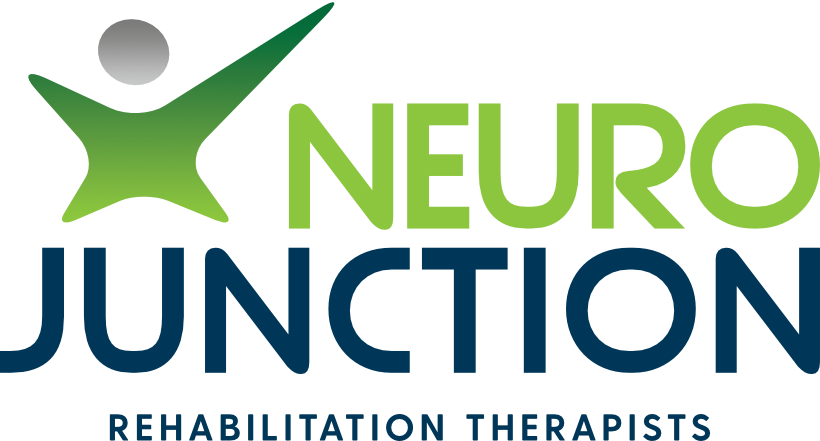Parkinson’s Disease
What is Parkinson’s Disease?
Parkinson’s disease is a progressive neurological condition. It is a disorder of the nervous system and results from damage to the nerve cells that produce Dopamine, a chemical that is essential for the smooth control of muscle and movement.
Symptoms of Parkinson’s disease can vary from person-to-person however typical symptoms include:
Tremor or shaking when resting; this is typically in one or both hands.
Shuffling gait pattern
Episodes of freezing
Balance problems and falls.
Other symptoms may include:
Anxiety and depression
Sleep disturbances
Fatigue
Swallowing issues
Changes to voice and speech
Continence issues
Poor hand function and dexterity
As a result of these symptoms, our activities of daily living can become more difficult to carry out independently, and we require increased assistance and support.
Neuro Junction utilises evidence based therapy and interventions to assist you to improve your symptoms and function. Our aim is to work with you to improve your overall performance and enhance quality of life.
Neuro Junction offers clinic based and community rehabilitation in Physiotherapy and Occupational Therapy. Your therapist/s will complete standardised and functional assessments to better understand your needs, and will design a specific treatment plan to meet your individual goals.
Treatment approaches for Parkinson’s disease maybe clinic, home or community based depending on your goals.
Neuro Junction Interventions may include:
Parkinsons specific exercises including high amplitude movements and use of visual and auditory cues
Improving strength and exercise endurance
Cognitive training to help with memory, concentration when completing daily tasks.
Balance work to improve functional tasks.
Environmental / home assessment to increase safety and independence.
Falls prevention education.
Functional retraining of daily living skills such as meal preparation and shopping.
Assistive technology / equipment assessments and trials such as mobility aids, specialist seating and daily living aids.



